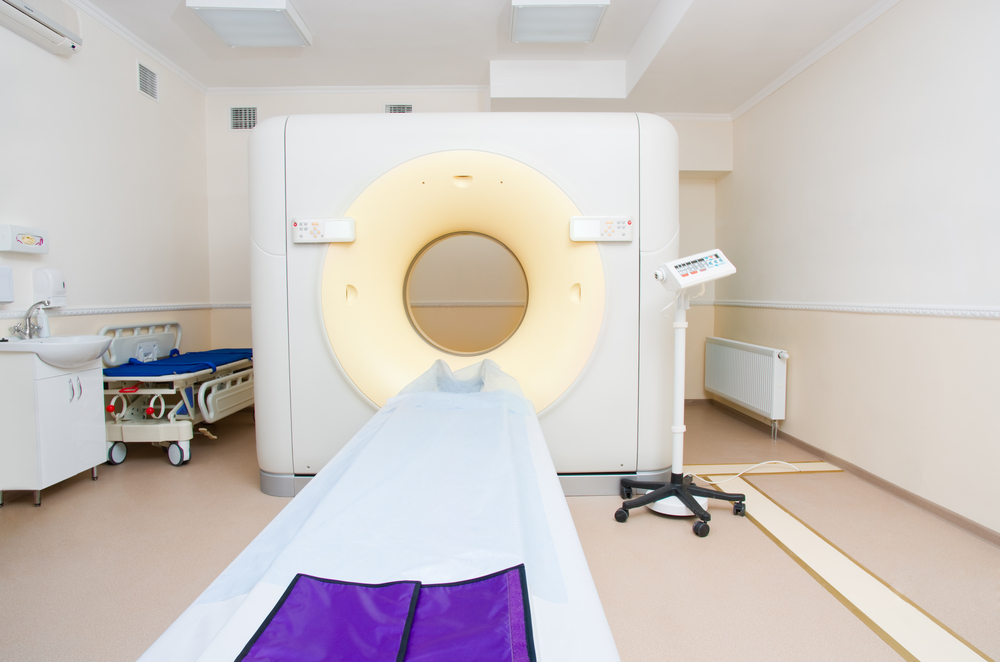Recently, researchers used a positron-emission tomography (PET) scan as a screening strategy to identify patients with early Hodgkin’s Lymphoma that have shown positive outcomes after chemotherapy without performing radiotherapy. The study, entitled ”Results of a Trial of PET-Directed Therapy for Early-Stage Hodgkin’s Lymphoma,” was published in the New England Journal of Medicine by John Radford from the University of Manchester and the Christie NHS Foundation Trust, United Kingdom.
Hodgkin’s lymphoma is a cancer affecting the lymphatic system, which is a network of vessels and glands located throughout the body. Every year in the UK, approximately 1,900 individuals are diagnosed with this type of cancer, affecting mainly adolescents and young adults. The standard therapy for Hodgkin lymphoma is chemotherapy, with doxorubicin, bleomycin, vinblastine, and dacarbazine (ABVD), followed by radiotherapy. However, radiotherapy induces secondary effects like cardiovascular disease and other cancers after the patients have been cured of Hodgkin lymphoma.
This RAPID clinical trial consisted of 602 patients that performed a PET scan after 3 cycles of ABVD chemotherapy. Within this group of patients, the positive ones received radiotherapy while the patients who tested negative were divided into 2 groups: one group of 211 patients received no additional treatment, while the other group of 209 had the standard radiotherapy. After a 3 years of follow-up, 94.6% and 90.8% of patients were alive and free of disease, respectively, from the radiotherapy and non-treatment groups.
Professor John Radford said in a news release that the findings of this study did not show significant inferiority concerning the therapy strategy of no further treatment after chemotherapy regarding progression-free survival. Besides these results, there was the advantage of not exposing to radiation all patients with negative PET findings, as most of them were already cured.
The research team stressed that a longer follow-up period is necessary to evaluate if this strategy will ultimately lead to lower late side-effects and better overall survival.
“This groundbreaking clinical trial shows that, by using scans to predict an individual’s risk of relapse, many patients can remain disease-free with just chemotherapy alone. As many Hodgkin lymphoma patients are relatively young, it is particularly important to avoid using intensive treatment when it is unnecessary.” said Dr Matt Kaiser, Head of Research at Leukemia & Lymphoma Research.


